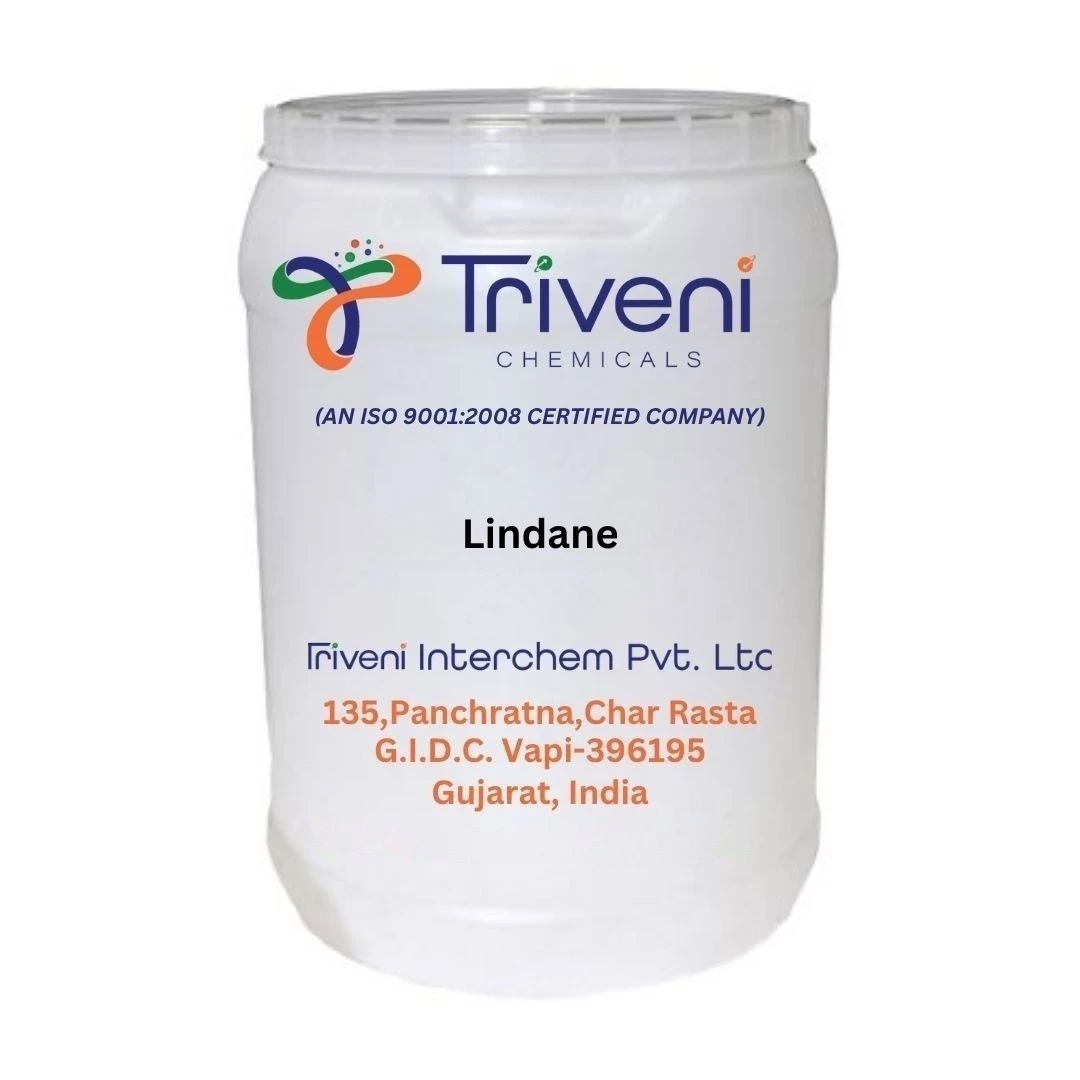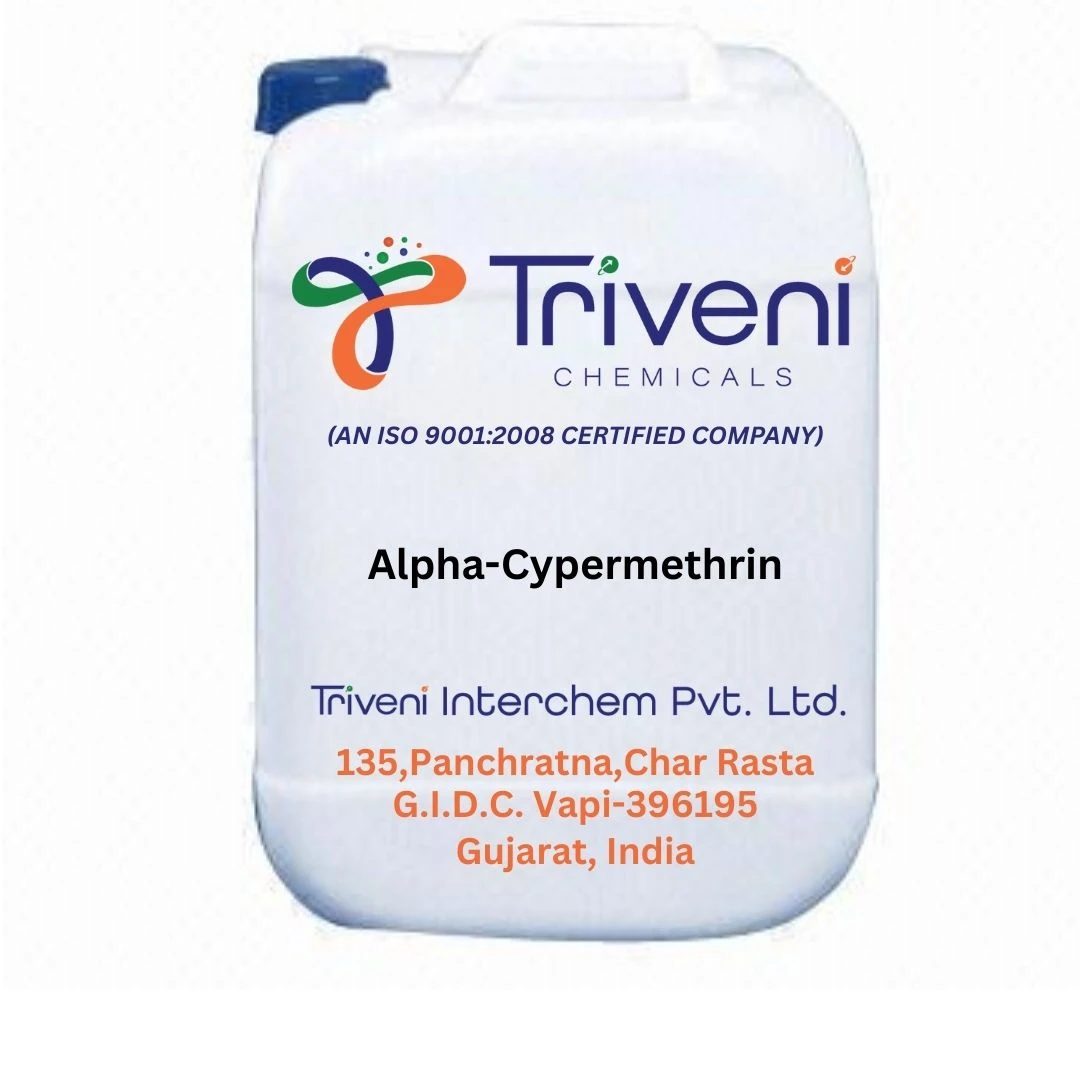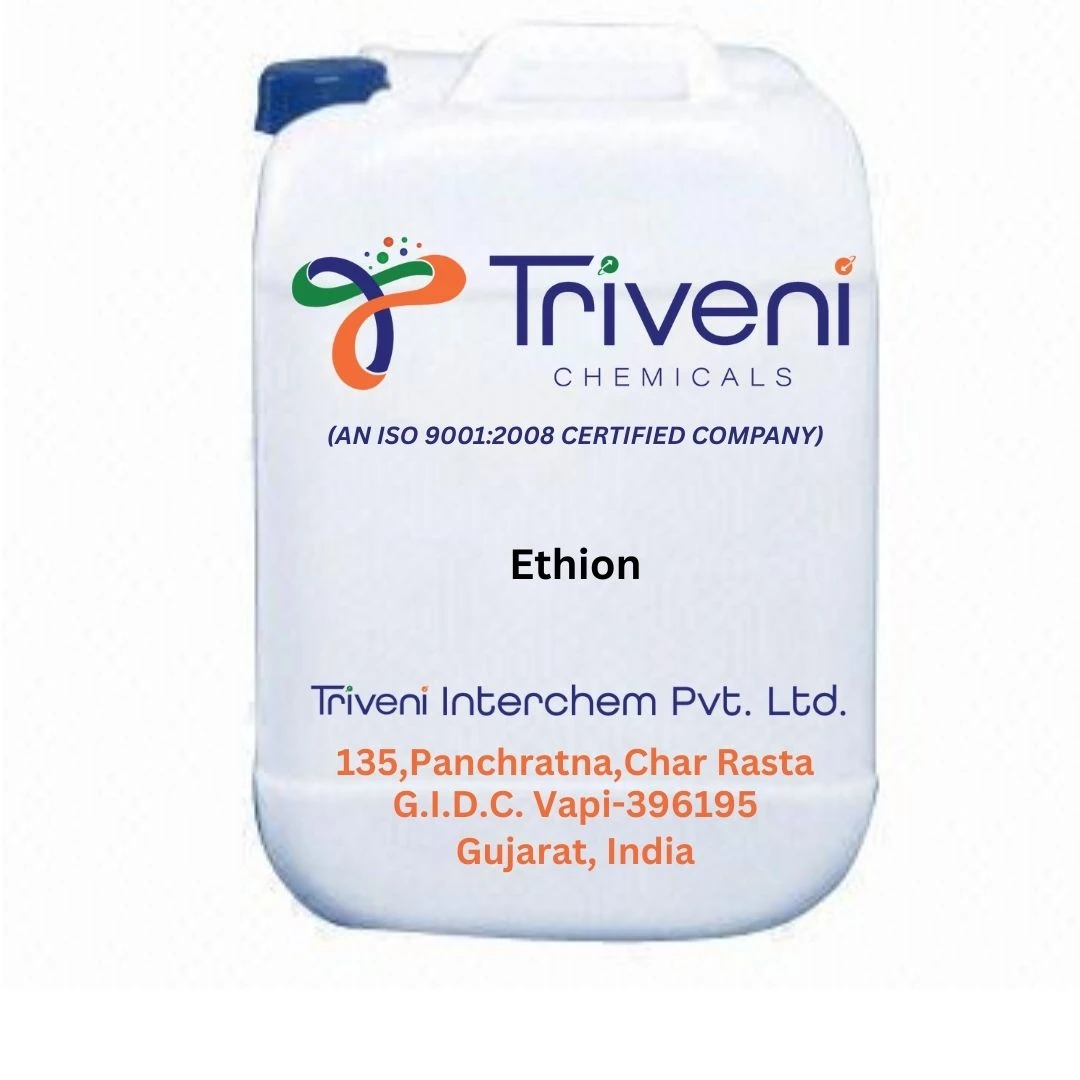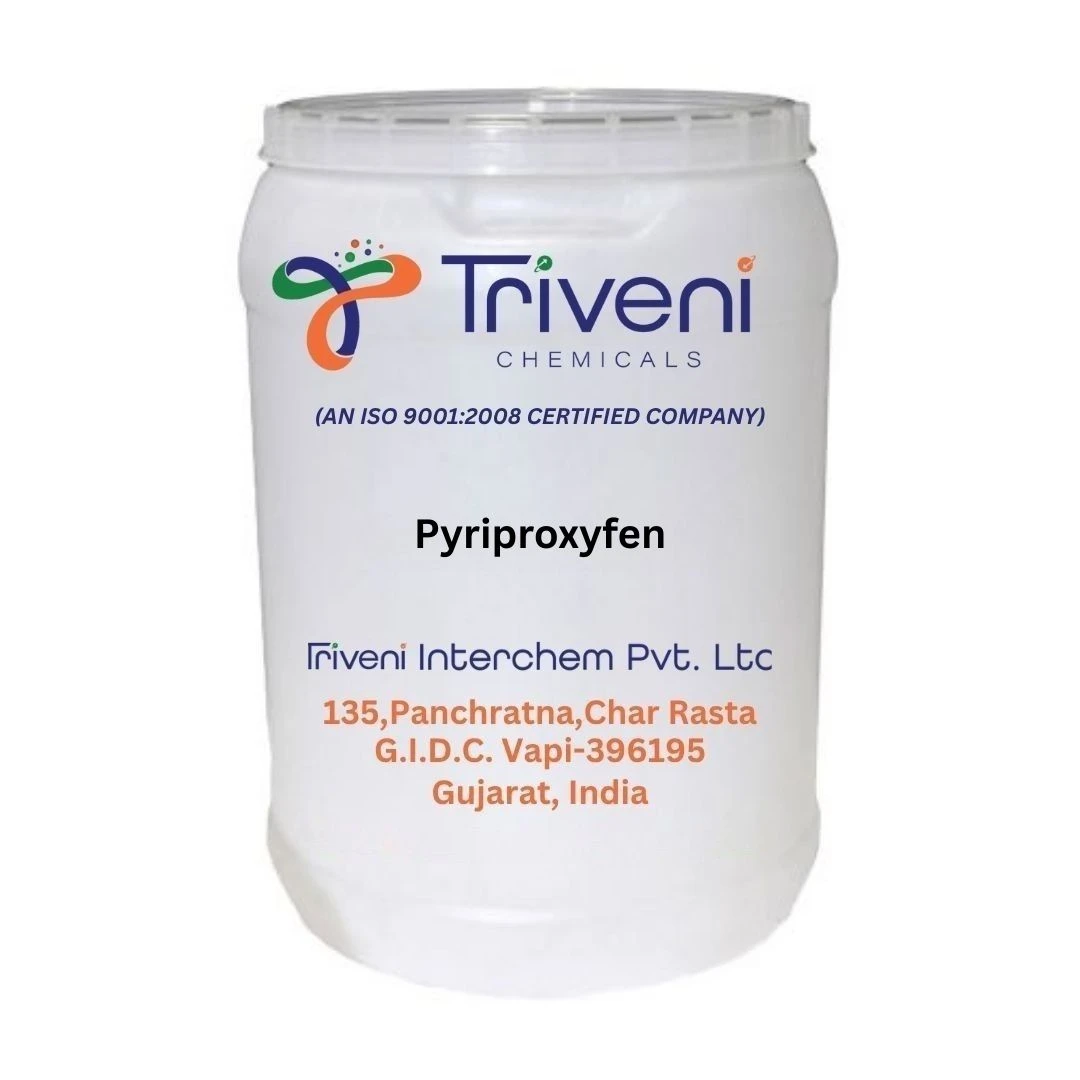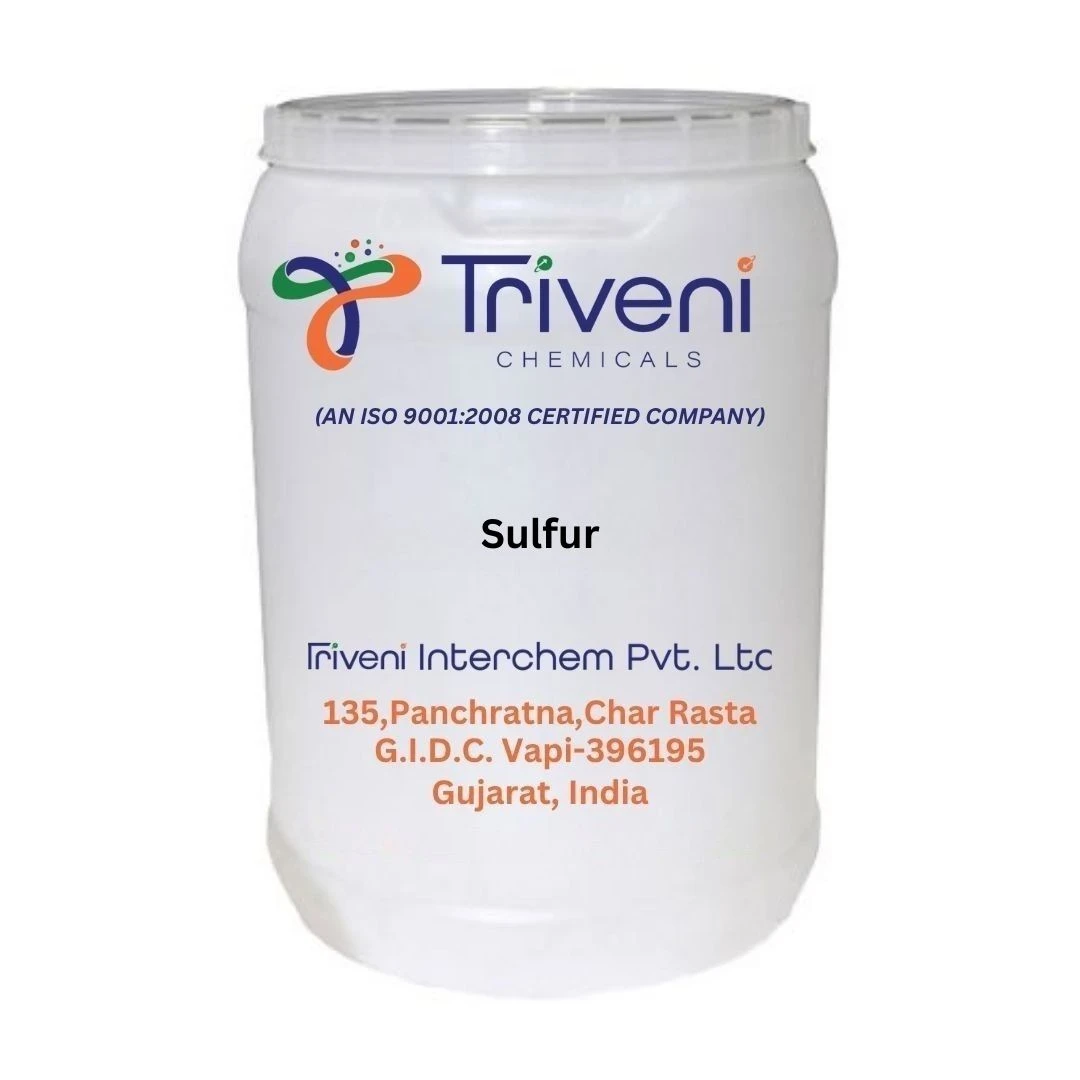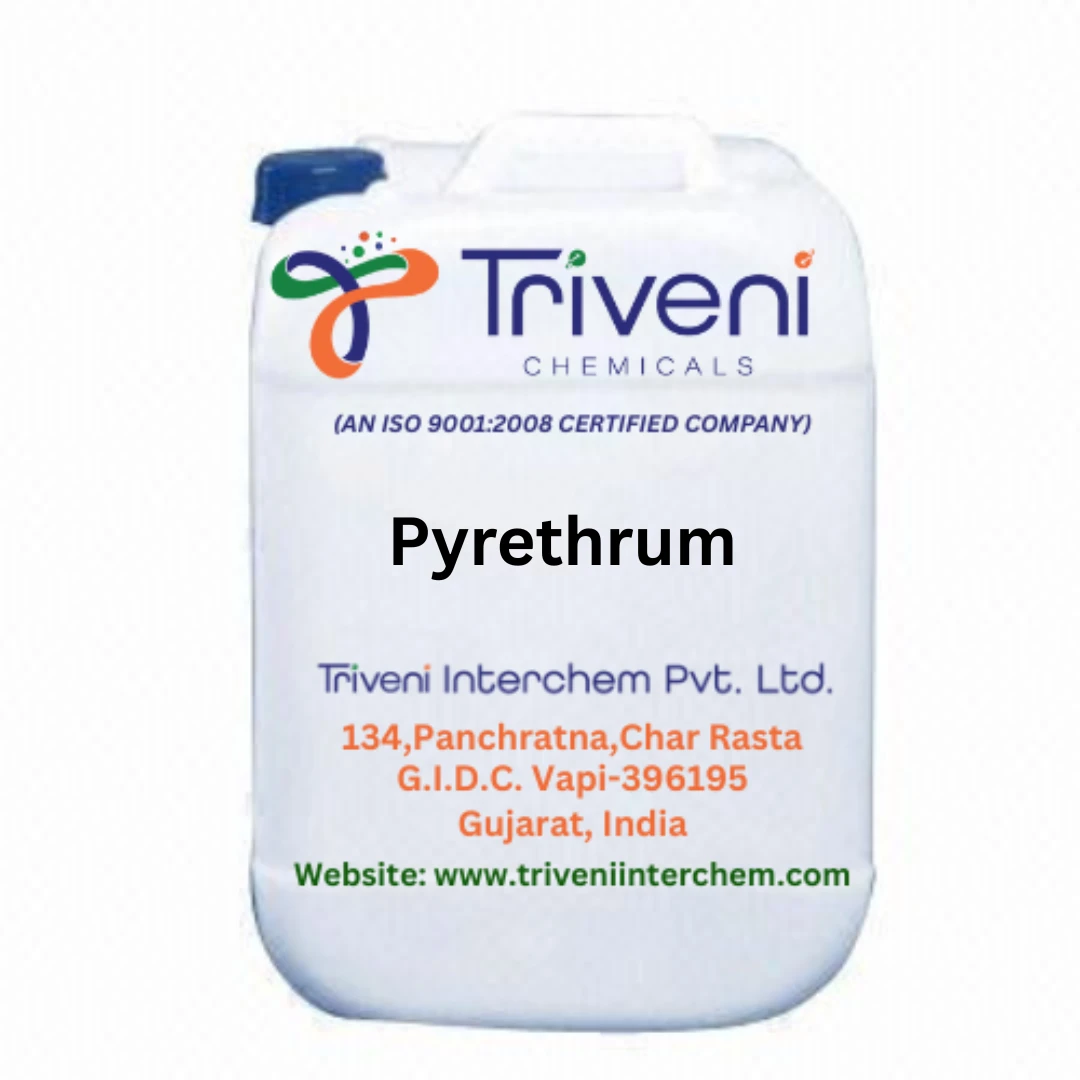Insecticides are chemicals used to control, repel, or eliminate insects. These chemicals serve an important role in agriculture, public health, and pest control. The fundamental goal of insecticides is to protect crops, livestock, and humans from the damaging effects of insect infestations. Understanding the various types, modes of action, and..
Insecticides are chemicals used to control, repel, or eliminate insects. These chemicals serve an important role in agriculture, public health, and pest control. The fundamental goal of insecticides is to protect crops, livestock, and humans from the damaging effects of insect infestations. Understanding the various types, modes of action, and potential dangers connected with insecticides is critical for their successful and appropriate application. Insecticides are classified into various classes, each with its own set of chemical features and action mechanisms. Some of the most prevalent pesticide classes are organophosphates, pyrethroids, neonicotinoids, and carbamates. Organophosphates and carbamates function by blocking acetylcholinesterase, an enzyme required for nerve signal transmission in insects. Pyrethroids generated from chrysanthemum flowers impair insects' neurological systems, causing paralysis and death. Neonicotinoids act on the insect's nervous system by attaching to nicotinic acetylcholine receptors. Insecticides are essential in agriculture to protect crops against pests that can result in severe output losses. However, its widespread use raises worries about the environment and human health. Insecticide residues can pollute soil, water, and food, endangering non-target creatures and potentially leading to long-term ecological imbalances. Furthermore, some insecticides have been linked to the reduction of pollinators such as bees, raising worries about the overall health of ecosystems. Integrated Pest Management (IPM) is a comprehensive method that aims to reduce insecticide use by combining multiple strategies like as biological control, cultural practices, and the use of resistant crop varieties. This strategy tries to control pests while reducing environmental effect and encouraging sustainable agriculture. In recent years, there has been an increasing worry regarding the effects of certain insecticides, such as neonicotinoids, on pollinators and other nontarget creatures. This has resulted in heightened regulatory scrutiny and efforts to develop new, more ecologically friendly pest management methods. The problem is to strike a balance between the requirement for effective pest management and the imperative to safeguard the environment and human health, while also encouraging a responsible and sustainable approach to pesticide use.


